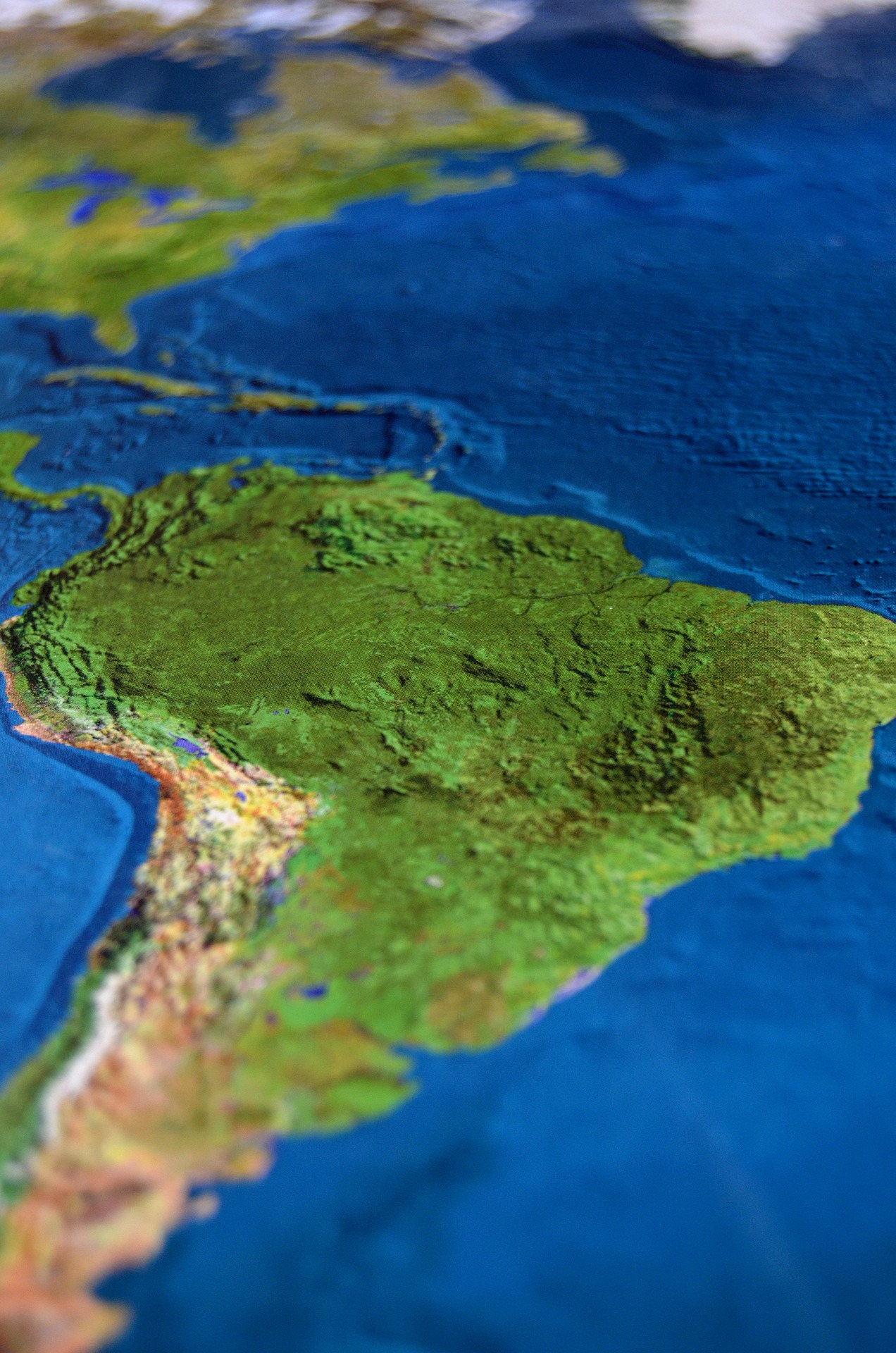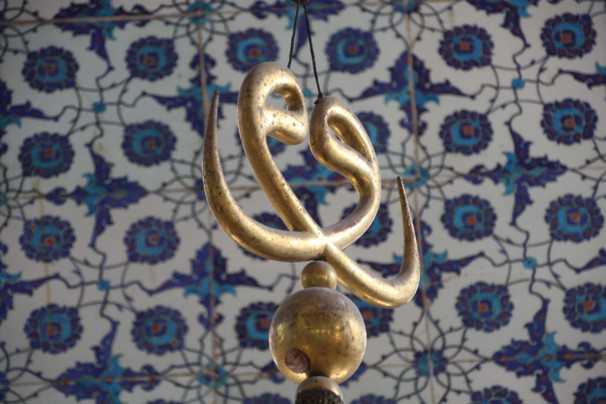With the bloom coming off the emerging markets rose, one economic model has drawn a circle around two countries that stand the greatest risk of falling into a crisis.
Chlaus Lotscher | Photolibrary | Getty ImagesDavid Rees, emerging markets economist at Capital Economics, said the firm has developed five criteria to identify whether a country’s economy has overheated to the point where it is threatening to develop into a full-scale problem.
The good news is that the Capital model finds no country in “immediate threat of crisis.”
But the bad news is that at least two countries are tilting in that direction and could pose danger to investors.
Rees identifies the endangered duo as Turkey and Venezuela.
(Read More: Tesco Quits US as Profits Fall for First Time in 20 years)
Turkey’s stock market has surged 7.3 percent in 2013 and is up 42 percent over the past 12 months. The country outperformed virtually all other emerging markets in 2012 as it modernizes its economy and pushes pro-growth programs.
Venezuela’s markets tell an even more robust story, with the Caracas exchange booming 37 percent this year and more than 200 percent over the past 12 months. While some feared the rally might falter due to political upheaval after President Hugo Chavez’s death, the market has gone on its merry way.
Despite the powerful gains, Rees advises investors to watch five factors: Growing current account deficits; rapid credit expansion; surging short-term external debt; bubbling stock market prices (50 percent is considered a red flag); and large growth in real exchange rates.
Broadly speaking, capital inflows “are something of a double-edged sword” for developing economies, Rees said. They both can help spur development but also “can fuel overheated economic growth and asset price bubbles,” he added.
“In extreme cases, capital flight can then lead to recession and sharp falls in asset prices that can culminate in defaults on debt repayments,” Rees said in an analysis.
The warning comes as emerging markets take a break after a decade of strong growth.
Overall, emerging market stocks are down for the year, with the iShares MSCI Emerging Markets exchange-traded fund off more than 7 percent. Investors have pulled more than $2 billion from the ETF, the third-most of any of its peers, according to IndexUniverse.
Still, some strategists remain positive on the group, reasoning that the underlying indicators remain strong even if sentiment has shifted due to negative headlines in the high-profile BRIC nations – Brazil, Russia, India and China.
(Read More: By 2015, Producing in China Will Be as Costly as US)
“In general, we see good long-term value in emerging markets based on favorable economic fundamentals,” Wells Fargo said in a recent analysis. “Valuations for emerging markets overall and for the larger markets are some of the cheapest in the world.”
Investors should keep watch, then, on where the real opportunities — and crises — present themselves.
“There is a risk that a prolonged period of loose monetary policy in the developed world could push large flows of capital into EMs over the coming years,” Rees said. “Accordingly, it would be useful to know if, and when, a crisis is about to unfold.”



